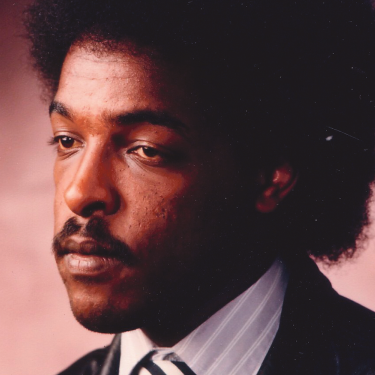Eritrea: RSF asks Sweden to investigate journalist’s detention

In the light of recommendations by the United Nations Commission of Inquiry on Human Rights in Eritrea, Reporters Without Borders (RSF) has again asked the Swedish judicial authorities to investigate journalist Dawit Isaak’s detention in Eritrea for the past 15 years as a case of crimes against humanity. He has Swedish and Eritrean dual nationality.
Arrested along with other journalists in September 2001, Isaak has never been charged or tried and has never been allowed to see lawyers or his family. In an interview for Radio France Internationale, Eritrea’s foreign minister said Isaak was still alive. But he also said Isaak was a political prisoner and would therefore not be tried in court. The government would instead deal with him as it sees fit, he added, thereby perpetuating the long list of crimes against this journalist.
Lawyers working on the Isaak case wrote to the Swedish prosecutor-general today to ask him to reconsider an earlier decision not to open a criminal investigation against Eritrea’s President Issayas Afeworki and other Eritrean leaders for torture, enforced disappearance and other crimes in connection with this case.
After examining an earlier complaint filed on the same grounds in 2014, the Swedish prosecutor-general found in March 2015 that it was likely that crimes against humanity had been committed against Isaak and that the top echelons of the Eritrean government were responsible. He also said there was enough evidence to start an investigation in Sweden.
However, after consulting with the Swedish foreign ministry, he unfortunately decided not to investigate on the reported grounds that this could harm the ministry’s negotiations with Eritrea about Isaak.
Today, the situation has changed.
On 21 June, the UN Commission of Inquiry on Human Rights in Eritrea recommended that the UN Security Council refer the situation in Eritrea to the International Criminal Court. The Commission also recommended “that States Members of the United Nations exercise their obligation to prosecute or extradite any individual suspected of international crimes present on their territory.”
This means that Sweden must now assume its responsibility. The recommendation by the UN Commission is a strong argument for Swedish prosecutors and police to start an investigation.
"It is paramount that this investigation be officially opened, RSF said. “Since the complaint was initially filed in 2014, two Eritrean officials who are among the suspects included in the original complaint, Presidential Special Adviser Yemane Gebreab and Cabinet Minister Sebhat Ephrem, have visited Sweden. They could have been questioned, which would have sent a strong message to the Eritrean authorities that impunity for their crimes against their population is not possible anymore.
Eritrea has been last in RSF’s World Press Freedom Index for the past eight years. There is no independent press in the country and all journalists are forced to work for the information ministry, where they are restricted to relaying government propaganda.
